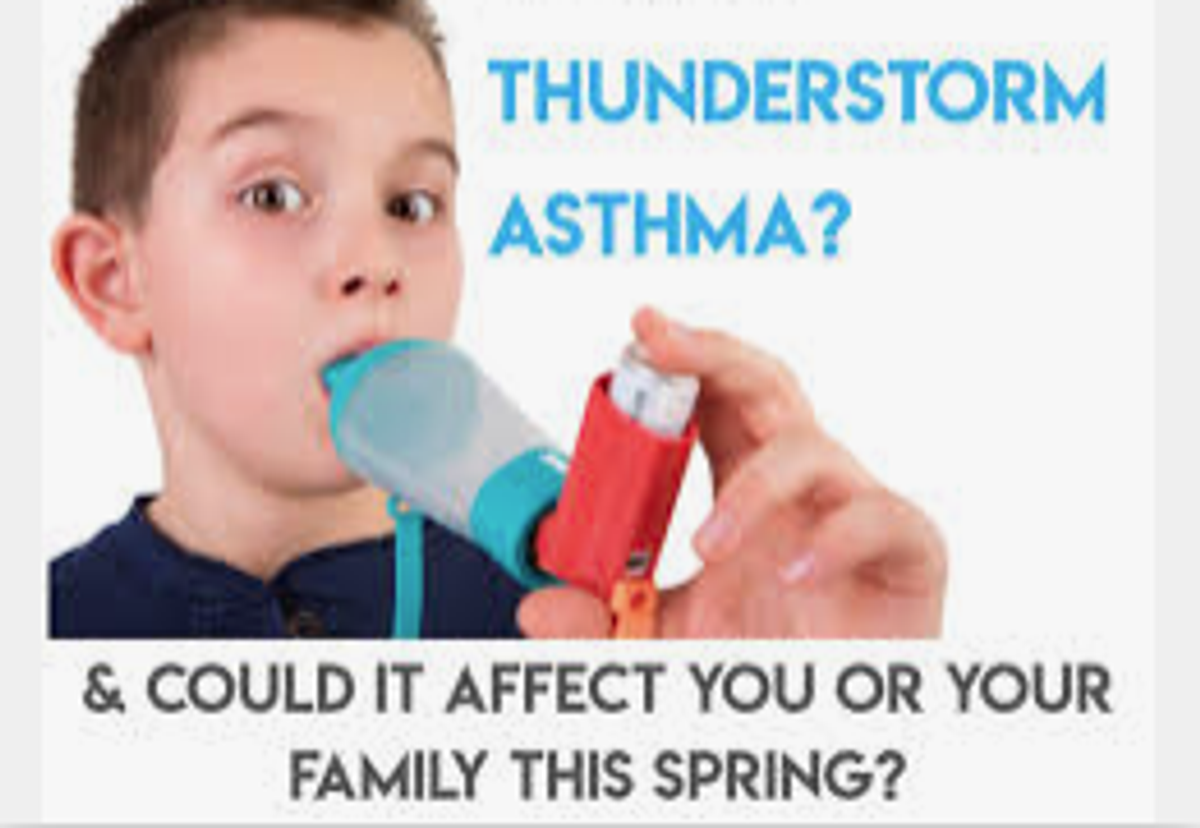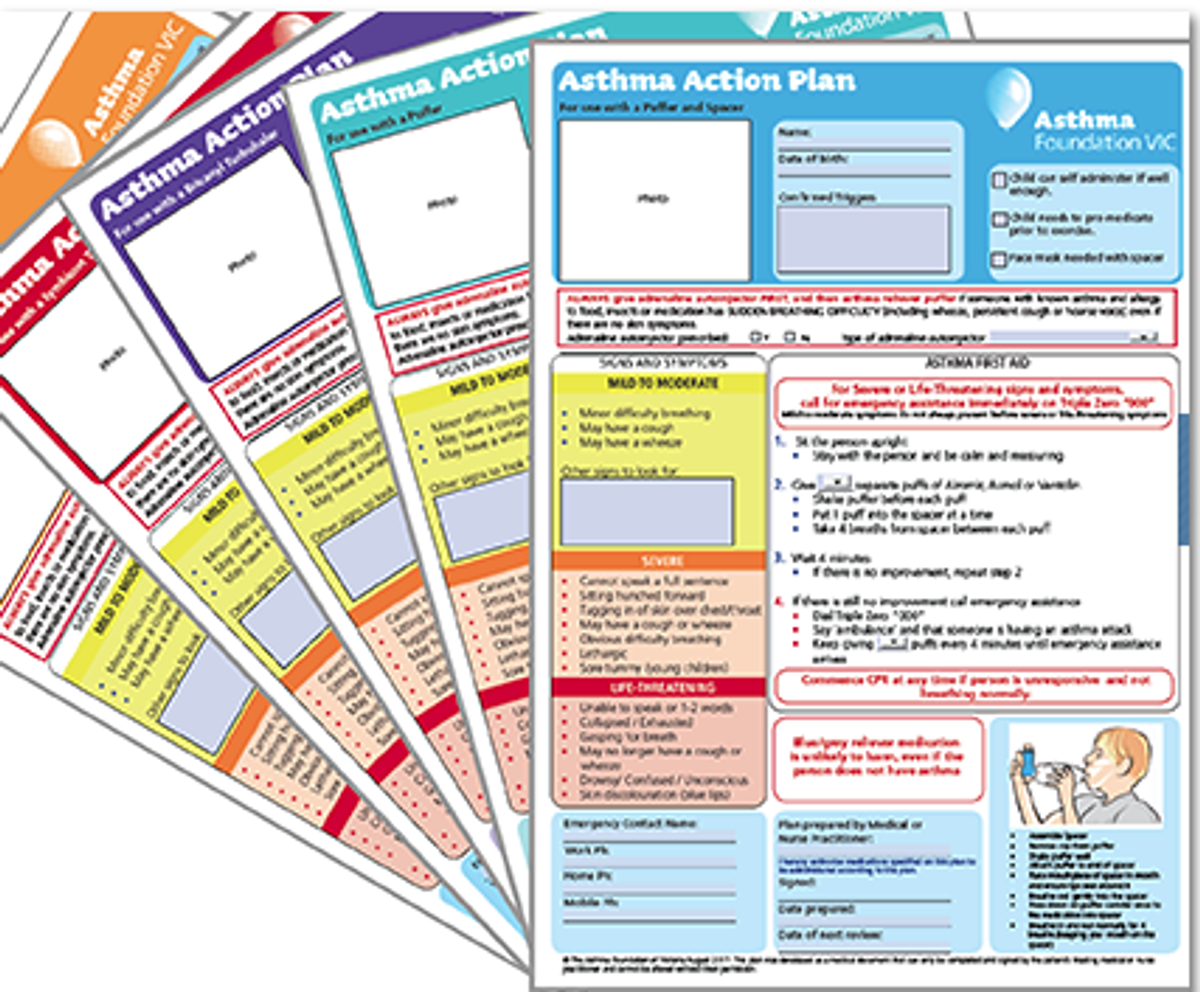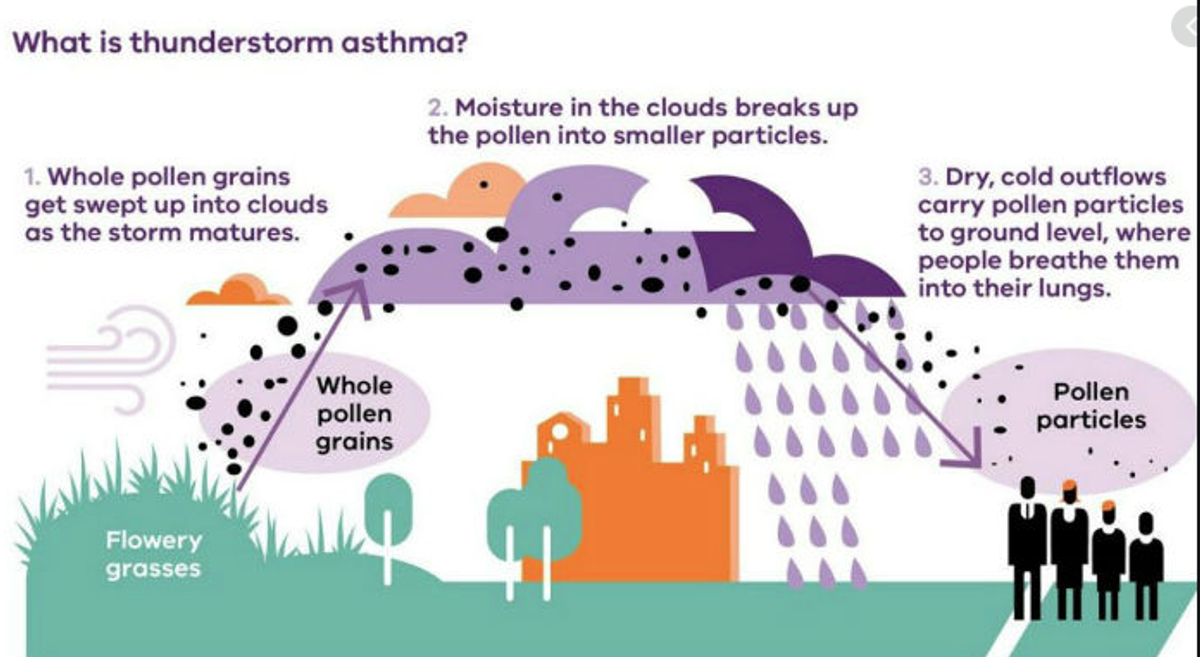Health Centre News
By Nurse Cecile

Health Centre News
By Nurse Cecile
Thunderstorm Asthma Season


There are some important steps that we can take to keep safe during the thunderstorm asthma season. We all need to be mindful of the increased risk of asthma and hay fever as grass pollen season occurs.
Thunderstorm asthma events are triggered by an uncommon combination of high grass pollen levels and a certain type of thunderstorm, resulting in large numbers of people developing asthma symptoms over a short period of time.


More than ever before, this year it’s important for everyone to manage any hayfever and asthma symptoms, as these conditions can produce symptoms that are similar to coronavirus, such as runny nose, cough or shortness of breath.
The best way to reduce and prevent symptoms of asthma or hay fever and unnecessary absences from school is to follow an up to date asthma plan or hay fever treatment plan.


The VicEmergency App is an important tool to have on your phone to alert you of when there is a heightened risk of thunderstorm asthma. During this time, windows and doors should be closed and then reopened when the risk reduces.


Parents can help their children stay safe at school by providing them with up to date asthma plans as well as their reliever medication and spacer for easy access when required.
Close communication is important to ensure that we are caring for your child’s health needs, so please keep the school nurse updated if there are any concerns.
Remain vigilant for coronavirus
Don’t assume symptoms are due to hay fever or asthma.
If your child experiences symptoms such as fever, chills, cough, sore throat, shortness of breath, runny nose, and loss or change of sense of smell or taste, that are different in any way to their usual asthma or hay fever symptoms, they should be isolated and tested for coronavirus.
Better Health Channel has further information regarding thunderstorm asthma.
Asthma Australia is also an important resource to help provide information on understanding and living with asthma; triggers; and asthma first aid.


If you have any concerns, please speak with your doctor who will be able to assist you in managing symptoms. Preventative medication may also be indicated at this time to help control flare-ups.
If you would like further information regarding school procedures, please do not hesitate to contact me.
Kind regards,
Nurse Cecile